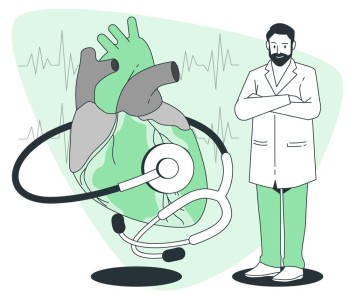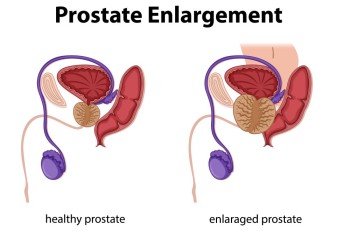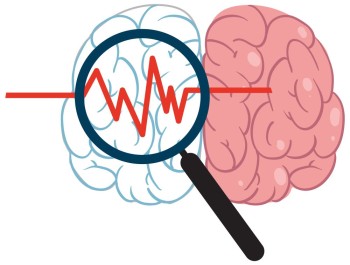
MRI abdomen scans offer a non-invasive approach to delve deep into the structures of the abdominal region.
MRI Abdomen Scan with Cost
Unraveling the Wonders: A Comprehensive Guide to MRI Abdomen Scans
Introduction
When it comes to diagnostic imaging, Magnetic Resonance Imaging (MRI) stands out as a sophisticated tool that provides detailed insights into the human body. Among the various applications of MRI, the abdomen scan plays a crucial role in uncovering intricate details of abdominal structures and detecting underlying health conditions.
Importance of MRI Abdomen Scan
MRI abdomen scans offer a non-invasive approach to delve deep into the structures of the abdominal region. Unlike other imaging techniques, such as X-rays or CT scans, MRI provides unparalleled soft tissue contrast, making it an invaluable tool for medical professionals. This method allows for the detection of various conditions with a high level of accuracy.
Preparation for MRI Abdomen Scan
Before undergoing an MRI abdomen scan, certain preparations are necessary. Patients are often required to fast for a specific period, ensuring optimal imaging results. It's also crucial to inform the healthcare provider about any allergies or medical conditions, enhancing the safety and effectiveness of the procedure.
Procedure of MRI Abdomen
Scan
During the scan, patients are positioned carefully to capture the best possible images. In some cases, a contrast agent may be administered to enhance visibility. The duration of the scan varies, but patients can expect a comprehensive and thorough examination.
What to Expect During the MRI Abdomen Scan
Despite the technical nature of the procedure, patients generally experience minimal discomfort during an MRI abdomen scan. Staying still is crucial to obtaining clear images, and healthcare professionals guide individuals through the process to ensure optimal results.
Common Conditions Detected by MRI Abdomen Scan
MRI abdomen scans are instrumental in identifying various health conditions. From detecting tumors and masses to revealing abnormalities in organs, the detailed imaging capabilities contribute significantly to early diagnosis and treatment planning.
Advantages of MRI
Abdomen Scan Over Other Imaging Techniques
One of the notable advantages of MRI abdomen scans is the superior soft tissue contrast they provide. In contrast to X-rays or CT scans, MRI doesn't involve ionizing radiation enhancing its safety for multiple imaging sessions. This aspect is
particularly beneficial for patients requiring frequent scans.
Risks and Limitations
While MRI abdomen scans are generally safe, there are some considerations to keep in mind. While uncommon, individuals may experience allergic reactions to contrast agents. Additionally,
individuals with claustrophobia may find the enclosed space of the MRI machine
challenging.
Post-Scan Care and Follow-up
After the scan, patients may have the opportunity to discuss immediate results with their healthcare providers. Depending on the findings, further diagnostic steps or treatment plans may be recommended to address any identified issues.
Costs and Insurance
Coverage
The costs associated with an MRI abdomen scan can vary, influenced by factors such as location and the facility providing the service. It's essential for individuals to check their insurance coverage, as many plans may cover the expenses related to diagnostic imaging.
Conclusion
In conclusion, an MRI abdomen scan is a powerful diagnostic tool that provides detailed insights into the abdominal region. Its non-invasive nature, coupled with superior imaging capabilities, makes it an indispensable resource for detecting a wide range of health conditions. The benefits of MRI abdomen scans extend to accurate diagnosis, timely treatment, and patient safety.
FAQs (Frequently Asked
Questions) about Abdomen MRI
Is an MRI abdomen scan painful?
No, the procedure is generally painless. Patients may experience mild discomfort from lying still for an extended period.
How long does an MRI abdomen scan take?
The
duration varies but typically ranges from 30 minutes to an hour, depending on
the complexity of the examination.
Are there any risks associated with the contrast agent?
While
allergic reactions are rare, it's crucial to inform healthcare providers of any
known allergies before the scan.
Can individuals with claustrophobia undergo an MRI abdomen scan?
Yes, but patients with
claustrophobia should inform their healthcare providers beforehand to explore
possible solutions.
How often can someone undergo an MRI abdomen scan?
The frequency of scans
depends on the individual's health condition and the recommendations of their
healthcare provider.
Is it safe to undergo an MRI abdomen scan if I have metal implants?
Generally, it's safe, but it's crucial to inform your healthcare provider about any metal implants or devices in your body to ensure safety and proper imaging.
Can pregnant individuals undergo an MRI abdomen scan?
While MRI is generally considered safe during pregnancy, it's essential to inform your healthcare provider, who will weigh the potential risks and benefits to make an informed decision.
What happens if I accidentally move during the MRI abdomen scan?
Minimal
movement is expected, but significant motion can affect the quality of the
images. Technologists will guide you to stay still, and if necessary, certain
sequences can be repeated to ensure accurate results.
Are there alternative imaging options for those unable to undergo an MRI abdomen scan?
Yes, alternatives like CT scans or ultrasound may be considered based on the individual's condition and specific medical requirements. Seek advice from your healthcare provider to identify the most appropriate choice for your situation.
Can I bring someone with me into the MRI room for support?
In most cases, due to safety concerns and the magnetic nature of the MRI machine, accompanying individuals are not allowed in the scanning room. However, you can communicate with the technologist through an intercom system.
(0)
Login to continue



